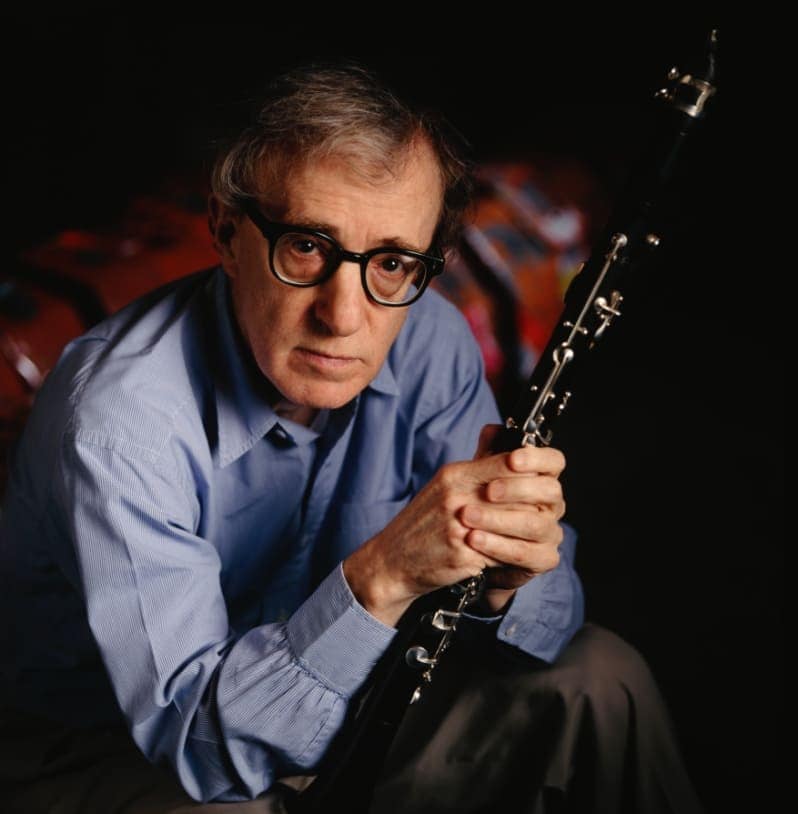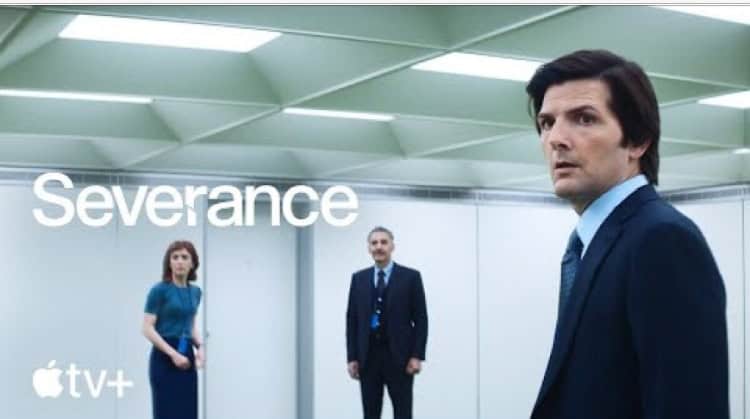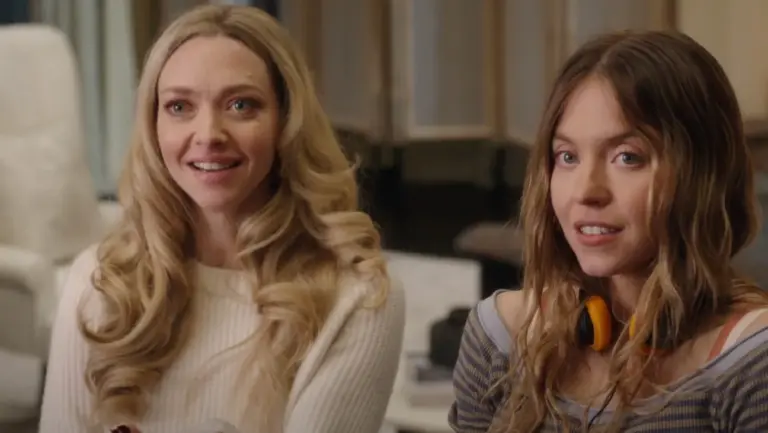Legendary Director Woody Allen Calls Cancel Culture ‘Dumb’ and Criticizes Stars Who Refuse to Work With Him
In what feels like a scene from one of his own neurotic comedies, Woody Allen has once again emerged to offer his two cents on the state of the world, specifically the “dumb” phenomenon of cancel culture. At 89 years old, the filmmaker remains steadfast, defending his career and legacy against the tidal wave of public opinion that has largely turned against him. In a recent interview, he suggested that performers who decline to collaborate with him are simply “making a mistake.”
For years, Allen has been beating this drum, positioning himself as a victim of a short-sighted, social media-fueled mob. He insists his extensive body of work, a collection of films that once defined a certain brand of intellectual cinema, should be judged on its own merits. It’s a neat trick if you can pull it off: separating the art from the artist. But in an era where audiences and collaborators alike are increasingly conscious of who they support, that separation has become a luxury few are willing to grant.
The Enduring Shadow of Allegations
To understand the current state of Woody Allen, we have to rewind to 1992. The initial spark was the accusation of sexual abuse by his then-7-year-old adopted daughter, Dylan Farrow. This claim, which Allen has vehemently denied for over thirty years, became the fault line that split his career and reputation. While two separate investigations at the time found no credible evidence to support the claims, the court of public opinion—especially in the wake of the #MeToo movement—has been far less forgiving.
The controversy was compounded by the simultaneous and very public implosion of his relationship with Mia Farrow and the subsequent revelation of his relationship with Soon-Yi Previn, Farrow’s adopted daughter. Marrying Previn in 1997 only cemented a narrative that, for many, was too sordid to ignore.
Allen, for his part, seems to view the whole affair with a kind of detached, almost bemused air. “It’s so funny,” he remarked in a Wall Street Journal interview, “they’re all talking, and they’re all certain…and here I’m sitting, and I know the actual truth, and they don’t have it.” It’s a statement dripping with the kind of intellectual superiority that characterizes many of his on-screen protagonists, a man convinced of his own truth while the world foolishly gets it all wrong.
A Career in Exile?
The fallout in Hollywood has been palpable. A growing list of former collaborators, from Timothée Chalamet to Greta Gerwig, have publicly expressed regret over working with.
h him and donated their salaries to charities supporting survivors of sexual abuse. For them, the choice isn’t about judging guilt or innocence but about aligning their careers with values they stand for. Refusing to work with Allen has become its own form of statement.
Yet, Allen soldiers on. He has pivoted to European financing, churning out films that receive quiet releases, a far cry from the Oscar-buzzing premieres of his heyday. His most recent film, the French-language “Coup de Chance,” made the festival rounds, proving that even a pariah can find a home somewhere. But his recent condemnation by Ukraine’s foreign ministry for a remote appearance at a Moscow film event shows that even his attempts to stay out of the American spotlight can land him in fresh controversy.
In the end, Woody Allen remains a polarizing figure, a walking paradox of critical acclaim and personal scandal. His latest comments on cancel culture are just another chapter in a long, drawn-out saga. He may see the actors who shun him as misguided, but they see it as a moral and professional necessity. He may call cancel culture “dumb,” but for many, it’s simply accountability finally catching up. And as he approaches his 90th year, it seems Woody Allen will continue to write his own narrative, whether anyone is still buying the tickets or not.





